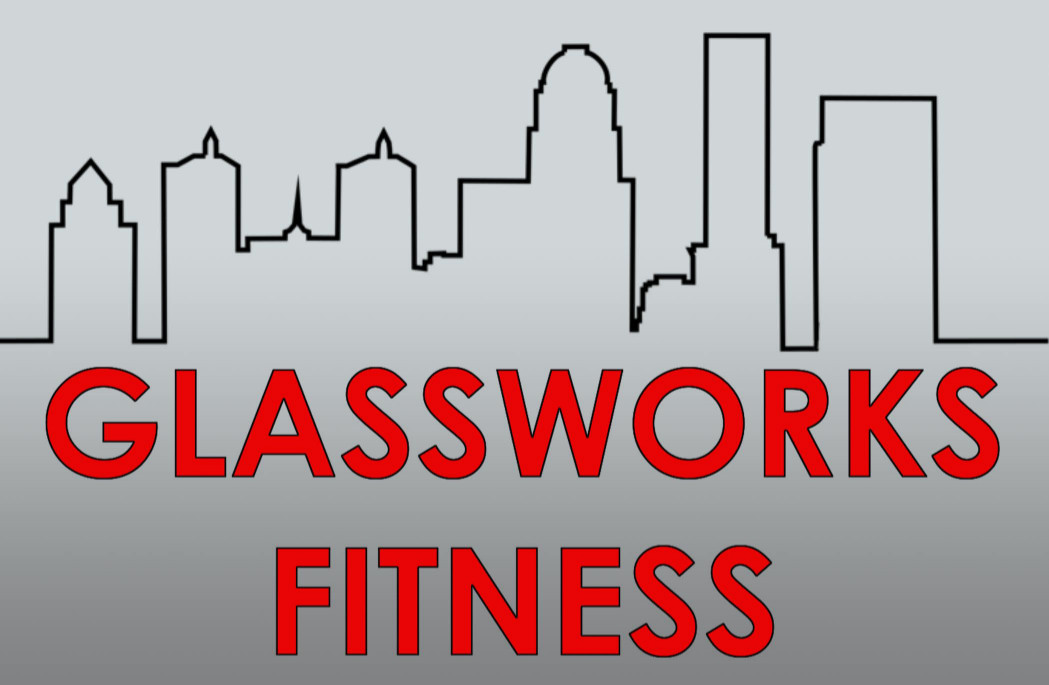Simple Fat Loss Thoughts
I had a very interesting conversation with a client last week. This client loves the exercise and progress he makes in the gym. However, he has been caught in an unfortunate cycle recently. He will make great progress doing a combination of our mobility, strength, and metabolic circuits, he then starts running again. Unfortunately, running throws his hips out of alignment, and this typically leads to stiffness and pain after a couple weeks, followed by some time off...spin, rinse, repeat.
Because of his background (cross country runner), and the fact that he always talks about running and endurance sports, I had always assumed (you know what this does) that running was the ultimate goal. However, I briefly asked last week, at the beginning of another one of these negative cycles, what he enjoyed so much about running.
His response, “I just do it because I've always heard it was the best way to lose fat”.
The solution was simple, get rid of jogging. As I explained to him, while long steady state cardio (i.e. jogging/running) has lots of benefits (I'll explain these in another post), there are more efficient ways for fat loss.
Here is what you need to know if your primary goal is fat loss:
1) Caloric Deficit. Eat less calories than you need to survive. Science, Biology, and Physics win here. If you eat more than you need to maintain your weight, you get bigger. If you eat less, you get smaller. But don't do this for more than six weeks in a row (otherwise your body goes into “starvation mode”). That's what the experts tell me at least.
2) Eating well is the most important thing. You should eat some good proteins, these fill you up and build your muscles. You should eat moderate amounts of fat (yes fat!) because it is essential for several important biological processes (including efficient function of the brain). These fats should be of the healthy variety, not of the fat of fried oil variety. Then you should fill up the rest of your plate (probably at least half of it) with fruits and veggies. What about carbs you ask? You can have some, they are just last on the list. Also, fruits break down to sugars, just the same as carbs break down to sugars. Also, those indulgent foods don't help. I'm all about enjoying what you eat, but if you can focus for 6 weeks, you can lose anywhere from 3 to 12 pounds safely and easily. Then you can go back to your treats.
3) Workout with Weights. “Metabolic Training” is a fancy way of saying I'm going to get your heart rate up while you are picking up heavy things, and learning how to move better. The overwhelming amount of research says that weight training is the most efficient way to do fat loss. Don't believe me? Come try it out for six weeks. Your first 3 hours of workout per week should be spent doing weight/resistance training. Anything beyond that, have as much fun as you want with traditional cardio.
4) Sleep. Remember last blog? Sleep is important. It helps you recover from your workouts. It helps balance out your hormones. And it helps you maintain that waistline you want. Can't get 7 to 8 hours per night? Right down everything you do for 3 days, and then come see me, we can work on setting some goals, and focusing on what is really essential in your schedule.
5) Drink a lot of water. Hungry? Drink a glass of water 15 minutes before you eat. Your body doesn't distinguish well between hunger and thirst. If you are thirsty, you are already dehydrated. Water can help fill up your stomach, and reduce the hunger urge. This means less calories in, which means more weight loss.



